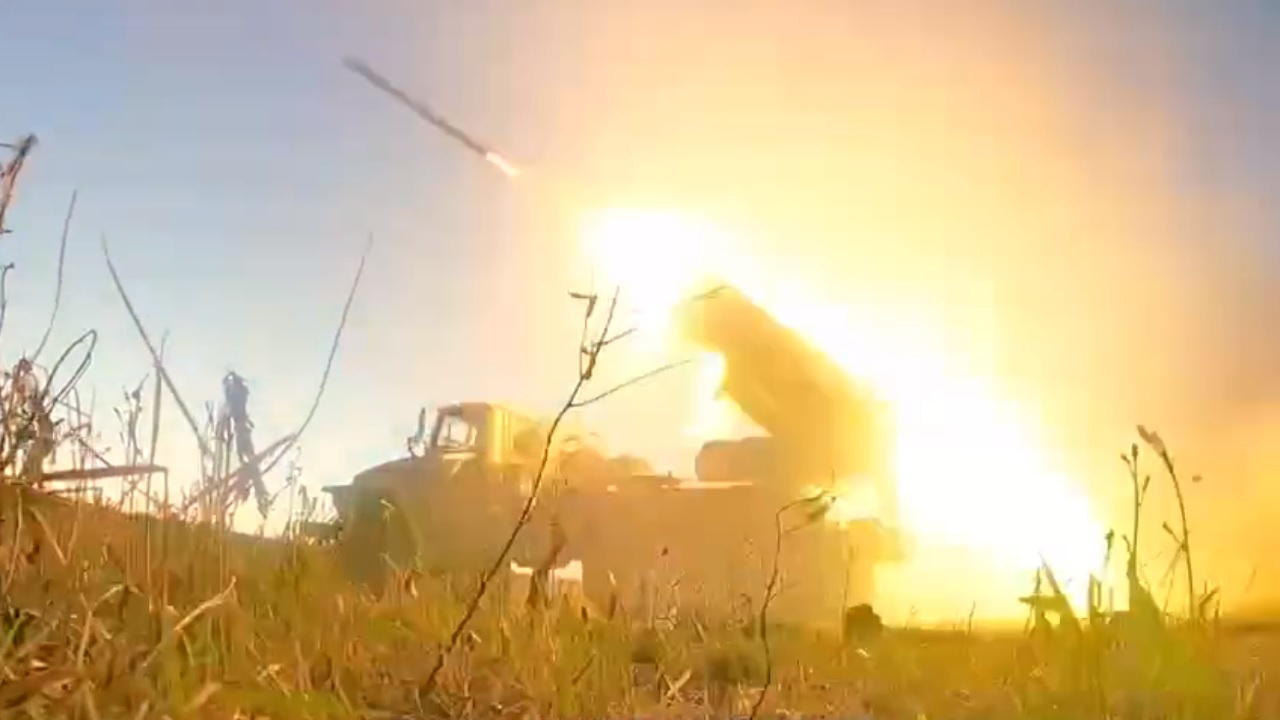The Russian invasion of Ukraine is more than just about territorial conquest.
When Russian President Vladimir Putin launched his “Special Military Operation” against Ukraine on February 24, 2022, he was, in his mind, reclaiming a lost part of Russia.
For some Russians, including Putin, there is no country of Ukraine, but rather a Ukrainian province of Russia. As such, the Russian invasion uses more than just weapons to bring Ukraine to its knees.
How Russia Weaponizes Food
Since the first weeks of the war, Russia has been weaponizing food to subdue Ukraine. Grain exports are an integral part of the Ukrainian economy, and Russia has been trying to control that to its benefit.
Moscow pulled out from the highly successful Black Sea Grain Initiative that allowed the flow of Ukrainian grain to the world and is also targeting Ukrainian grain facilities.
In the 19 months of conflict, the Russian military has destroyed about 44 grain facilities, including grain silos, elevators, warehouses, and storage spaces.
“It’s highly likely that the successful export of Ukrainian grain during the Black Sea Grain Initiative (BSGI) has helped reduce global prices and food insecurity,” the British Military Intelligence assessed in a recent estimate on the war.
“Russia’s withdrawal from the BSGI has reduced Ukraine’s exports, a clear effort to degrade the Ukrainian economy and its ability to support the war effort,” 2the British Military Intelligence added.
Agriculture is one of the primary sectors of the Ukrainian economy, making up about 40 percent of the country’s pre-invasion exports and earning close to $30 billion a year.
“Ukraine has found success using alternative methods like river, rail and road to export its grain; however, it is unlikely that this will match the capacity of the Black Sea export routes,” the British Military Intelligence stated.
As a result, the Ukrainian economy is in an even worse position than it was before and if the attacks against grain facilities continue, it will struggle in the long term as well.
The Black Sea Grain Initiative
In July 2022, after intensive diplomacy, the United Nations helped broker a deal between Ukraine, Russia, and Turkey that allowed Kyiv to resume exporting grain through the international waters of the Black Sea.
Unlocking the grain shipments had become vital for the survival of millions of innocent people in Africa and the Middle East, as their countries are highly dependent on Ukrainian grain for their food security. Cargo ships carrying millions of tons of Ukrainian grain steamed through the Black Sea into the Mediterranean and then to their destinations across the world.
This summer, as the Ukrainian counteroffensive was unfolding, the Kremlin chose to withdraw from the initiative. The Black Sea is now once more part of the battlefield, and both militaries have issued warning advisories to merchant vessels to stay away.
In the year that the Black Sea Grain Initiative was active, more than 400 cargo ships transported more than 32 million tons of grain to some 37 countries, particularly in Africa and the Middle East. The grain fed tens of millions of people who would otherwise face the acute danger of starvation.
A 19FortyFive Defense and National Security Columnist, Stavros Atlamazoglou is a seasoned defense journalist specializing in special operations and a Hellenic Army veteran (national service with the 575th Marine Battalion and Army HQ). He holds a BA from the Johns Hopkins University, an MA from the Johns Hopkins’ School of Advanced International Studies (SAIS), and is pursuing a J.D. at Boston College Law School. His work has been featured in Business Insider, Sandboxx, and SOFREP.

